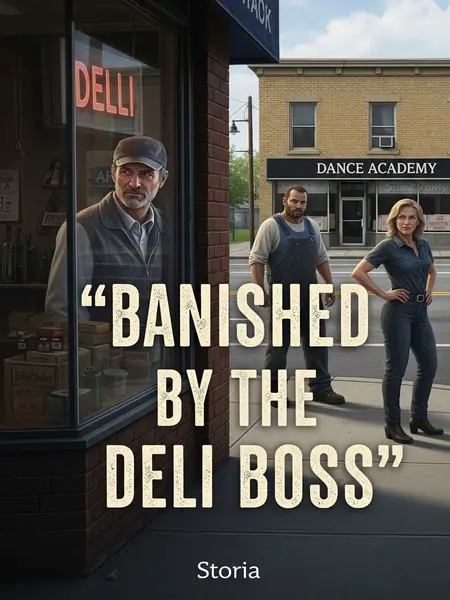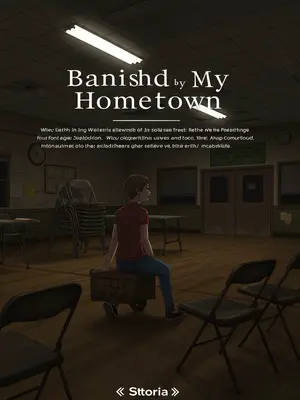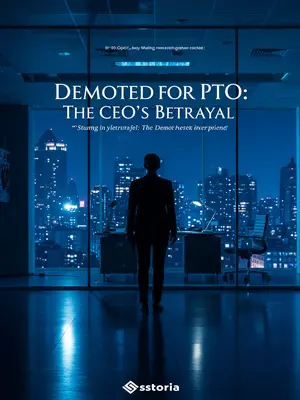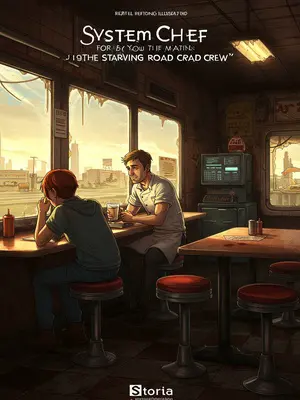Chapter 3: Boiling Point
One of the guys, Tony, had just grabbed a lunch.
He opened it and held it up to Mike:
“C’mon, Mike, this ain’t roast beef, it’s just fat with a side of disappointment.” Tony had this way of talking, loud and exasperated, like he was always one step from flipping a table.
Tony picked up a piece of roast beef with his fork. “Look, only three pieces of roast beef, and all of them are just fat!” He poked at it, the meat jiggling in the container.
Mike glared, pointing at a thin strip of lean meat in the middle of the fat. “Are you blind? Isn’t this lean?” His face turned red, voice climbing an octave.
I looked closely. Not only was there no lean meat in the roast beef, it barely had any gravy either.
The whole piece of meat was pale and unappetizing. Even the dog at home would turn up his nose at that chunk.
Tony pointed at the bread in the box. “And look, there’s only half as much bread as before.” The roll was split, the halves uneven, one side practically see-through.
“You say $4.50 for one meat and three sides, but look at this—besides three big pieces of fat, is there any meat at all?”
“If you don’t give us meat, fine, but you can’t be so careless with the sides, right? These green beans look like they’ve been through a war, and the mashed potatoes still got skins on ‘em. You saving the good stuff for the tourists?” Tony’s voice cracked with the effort, waving his fork like a pointer in a classroom.
“If the food isn’t good, fine, but now you’re even stingy with salt. This bland soup—how are we supposed to eat it?” He slurped some and made a face.
Tony wasn’t exaggerating.
When Mike first started making lunches for our job site, he didn’t dare slack off at all.
The spicy chicken was loaded with chicken, the pulled pork sandwich was packed with meat.
The veggies were washed clean, and he never skimped on oil, salt, or sauces. The food used to have flavor, and even the pickiest guy on the crew would clean his plate.
But lately, he’s been cutting corners. The food is so bland it makes your tongue go numb. Some days, even the ketchup bottle seemed empty on purpose.
But Mike wasn’t embarrassed at all. He even snatched Tony’s lunch away.
“If you don’t like it, then get out! Who’s begging you to eat?” He stood his ground, arms folded like a bouncer at a dive bar.
He folded his arms and rocked back and forth on his heels.
“You say my food is bland? Why don’t you admit your tastes are heavy? Do you know how much I spend on seasonings just to cook for you?”
He pointed at me. “Derek, you begged me to come in the first place. Now you’re stirring up the guys to pick on me. What’s your problem, is this how you treat people?” His voice echoed, making the whole deli feel smaller.
I didn’t expect him to turn it around on me. For a second, it felt like all eyes were on me, and not in a good way.
But I couldn’t stoop to his level.
If I argued with him, everyone would end up fighting. The tension was thick as gravy.
So I tried to reason with him. “Mike, I didn’t stir up the crew. It’s just that your food quality has dropped too much.”
“We agreed on $4.50 per meal, one meat and three sides, free refills on soup and bread. You used to provide hot sauce, then you stopped and we didn’t say anything.”
“Then your thick soup became thin soup, then you canceled the soup altogether, and now you can’t even offer free bread refills. Is that our fault?”
“That’s right!” Tony shouted. “You even shrank the portions. We work all morning and you give us this little bit—how are we supposed to get full?” Tony banged his fist lightly on the counter for emphasis.
Mike sneered.
“You poor wretches, born hungry! No matter how much food I give, you’ll never be full.” His tone dripped with contempt, as if feeding us was a charity, not a business.
Mike’s wife saw he was getting out of line and quickly tried to pull him away. She gave me an apologetic look, but Mike shook her off.
But he pushed her aside and stood with his hands on his hips.
“I’ll say it: you construction guys, always trying to get a bargain. You know lunch is $4.50 for a filling meal, so you eat like your life depends on it.”
“I bet you don’t even eat breakfast or dinner, just rely on this one meal to survive.” He laughed bitterly, as if we were all freeloaders instead of paying customers.













